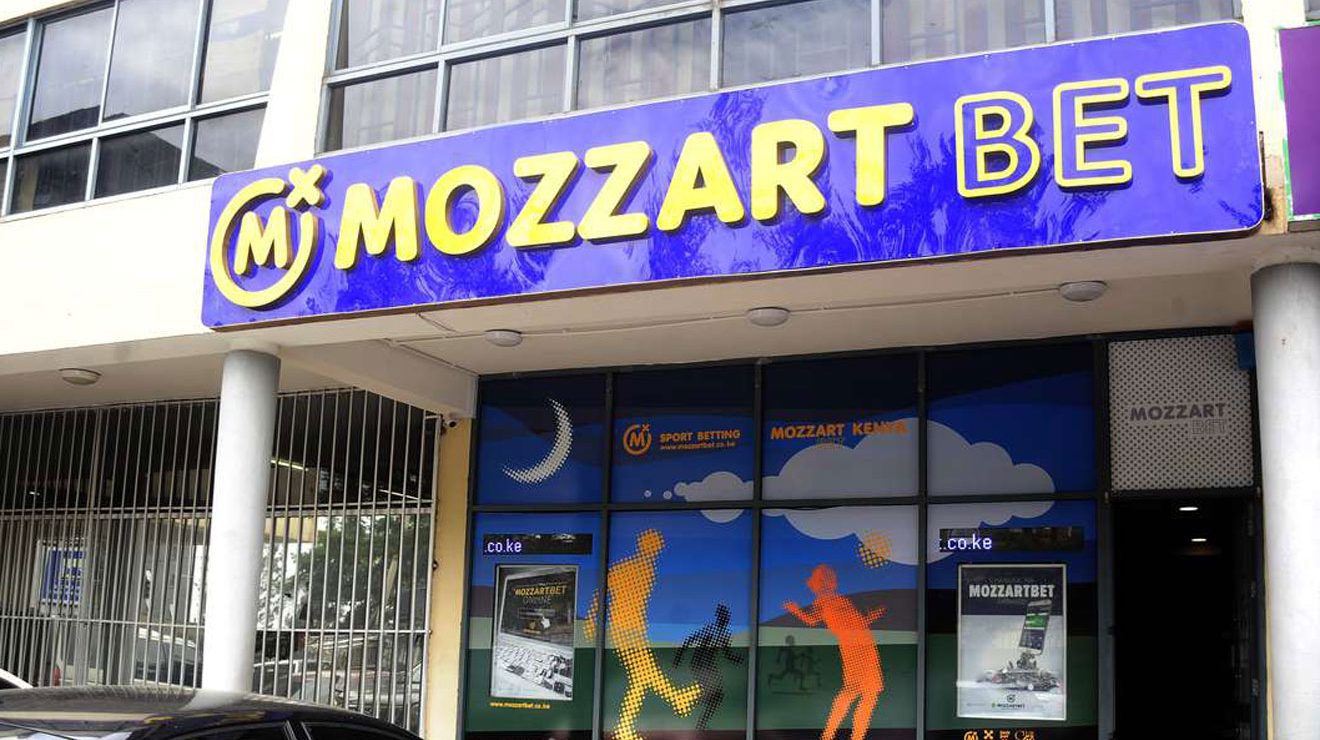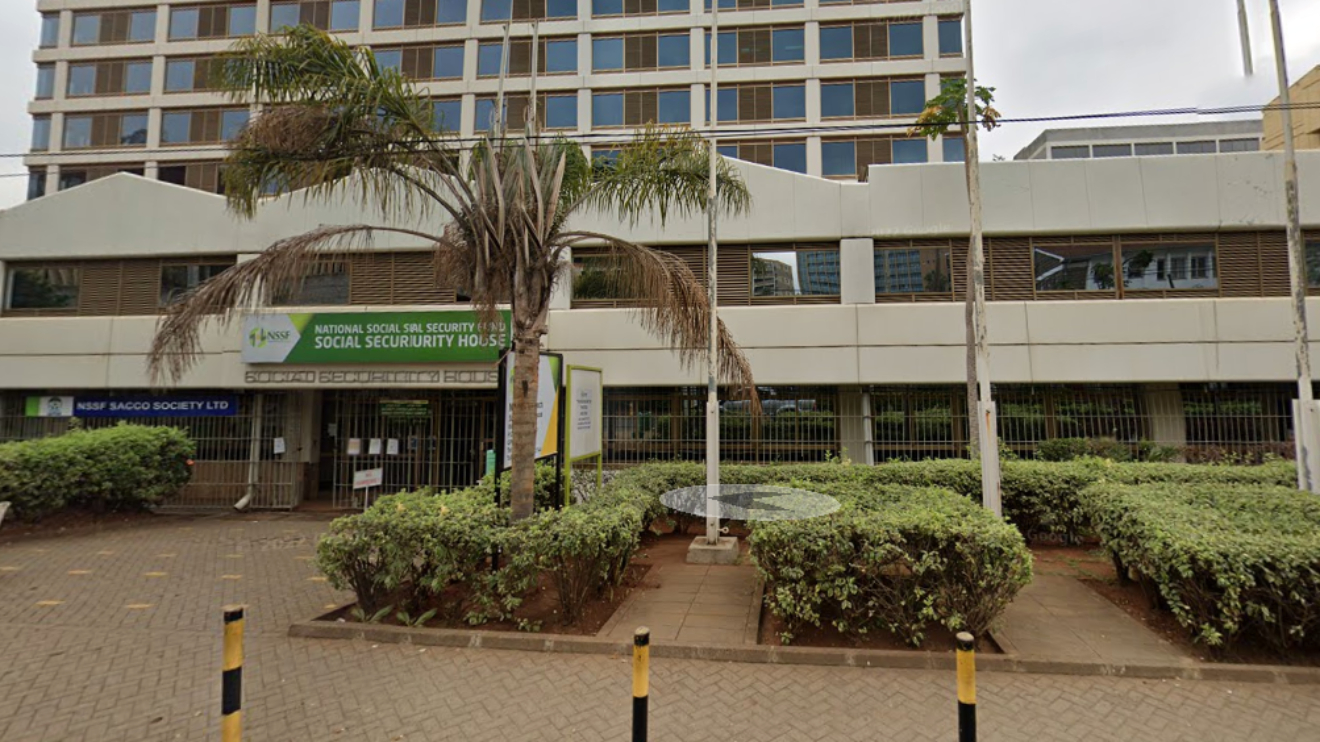Mozzartbet Kenya has lost its legal push to reclaim over Sh256 million after the Court of Appeal ruled the money was part of a tainted transaction trail linked to criminal proceeds.
A three-judge bench comprising Francis Toiyott, Fred Ochieng and Aggrey Muchelule upheld a decision that placed Mozzartbet at the centre of questionable financial dealings involving a company known as Kimaco Connections Limited.
"We hold that there was sufficient evidence, on the statutory threshold of balance of probabilities set by section 92 of the Act, to implicate Mozzartbet as well, and it cannot benefit from protection of a third party," the judges stated in their decision.
According to the ruling, Mozzartbet paid Kimaco a total of Sh256,851,910 under two contract agreements.
However, the judges found that the origin and purpose of these funds were not convincingly explained, and instead pointed to a series of suspicious transfers.
Read More
In dissecting the money trail, the court found that Kimaco disbursed funds to individuals tied to Mozzartbet, including directors and associates, under circumstances that the judges described as unclear and unaccounted for.
"There was evidence that some funds initially paid by Kimaco to Pescom Kenya made their way to Melentijevic," the judgment read, referring to Branimir Melentijevic, a shareholder in Mozzartbet Africa, the company that holds a majority stake in the Kenyan betting firm.
According to the court, the payments to Melentijevic stemmed from two invoices raised for software services—one for approximately Sh9.1 million and another for Sh4.5 million, totalling over Sh13.6 million.
These transactions, the judges noted, were said to be tied to a software arrangement between Kimaco and a firm called Open Skies, ostensibly to support Kimaco's contract with Mozzartbet.
However, Kimaco failed to challenge the testimony of Senior Sergeant Fredrick Musyoki, who told the court that the software deal was part of a suspicious arrangement.
"The evidence revealed that Kimaco received payment under suspicious circumstances, made out payments in similar circumstances and concealed its business from the tax authority. Is it not said that 'if it walks like a duck, swims like a duck, and quacks like a duck, then it probably is a duck'?" the judges quipped, casting doubt on the legitimacy of Kimaco’s operations.
The court dismissed the argument that the recovery of funds was based solely on lifestyle discrepancies or gaps in known income, pointing instead to the broader pattern of conduct, hidden dealings, and unconvincing explanations.
In its final analysis, the court held that Mozzartbet was not an innocent party and could not distance itself from Kimaco’s actions, especially given the flow of funds and the benefit its affiliates appeared to receive.
The ruling now cements the forfeiture of the Sh256 million, bringing an end to Mozzartbet’s legal fight to recover money the court concluded had not just changed hands suspiciously, but was indeed tainted.









